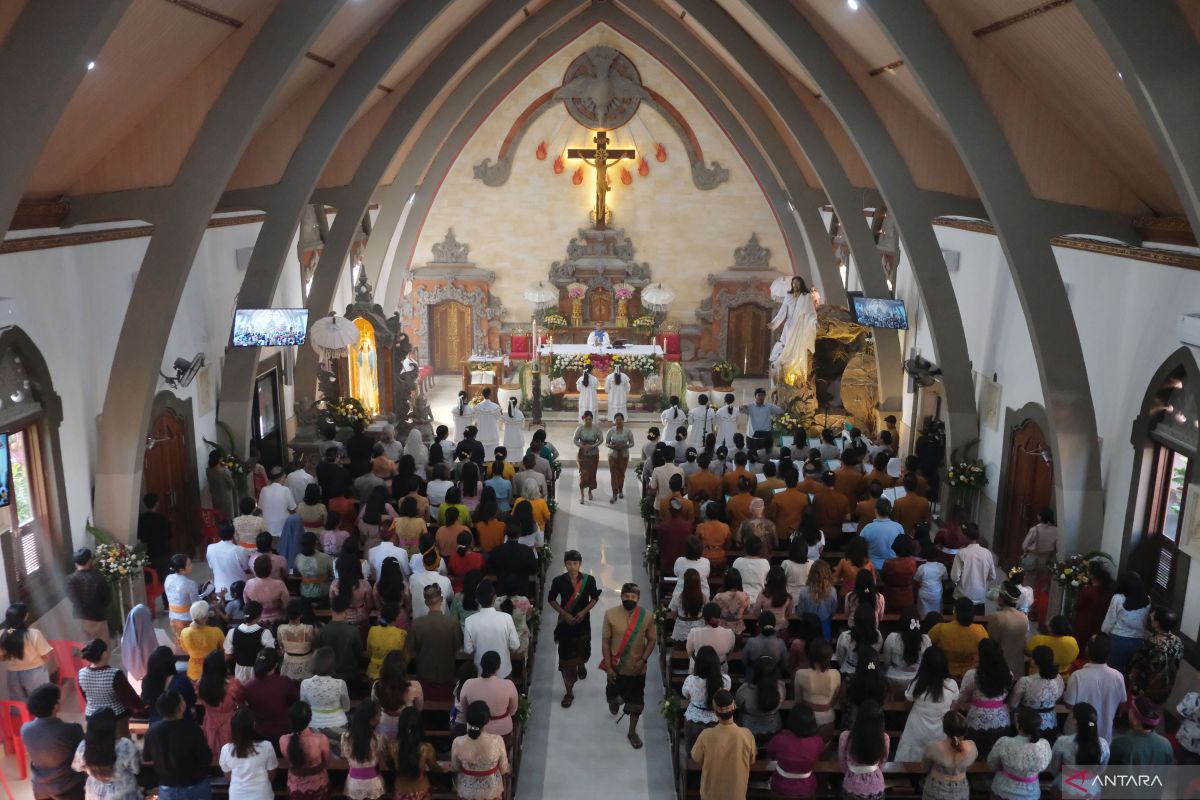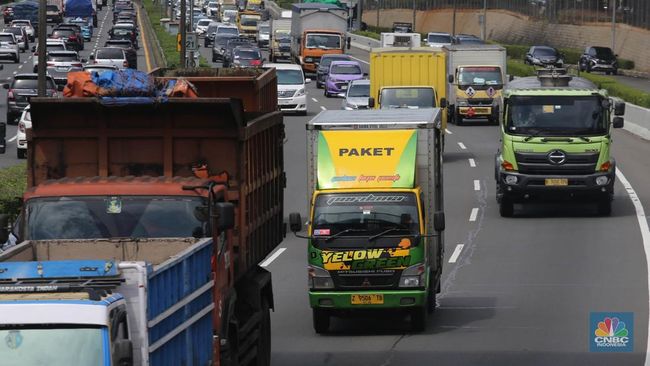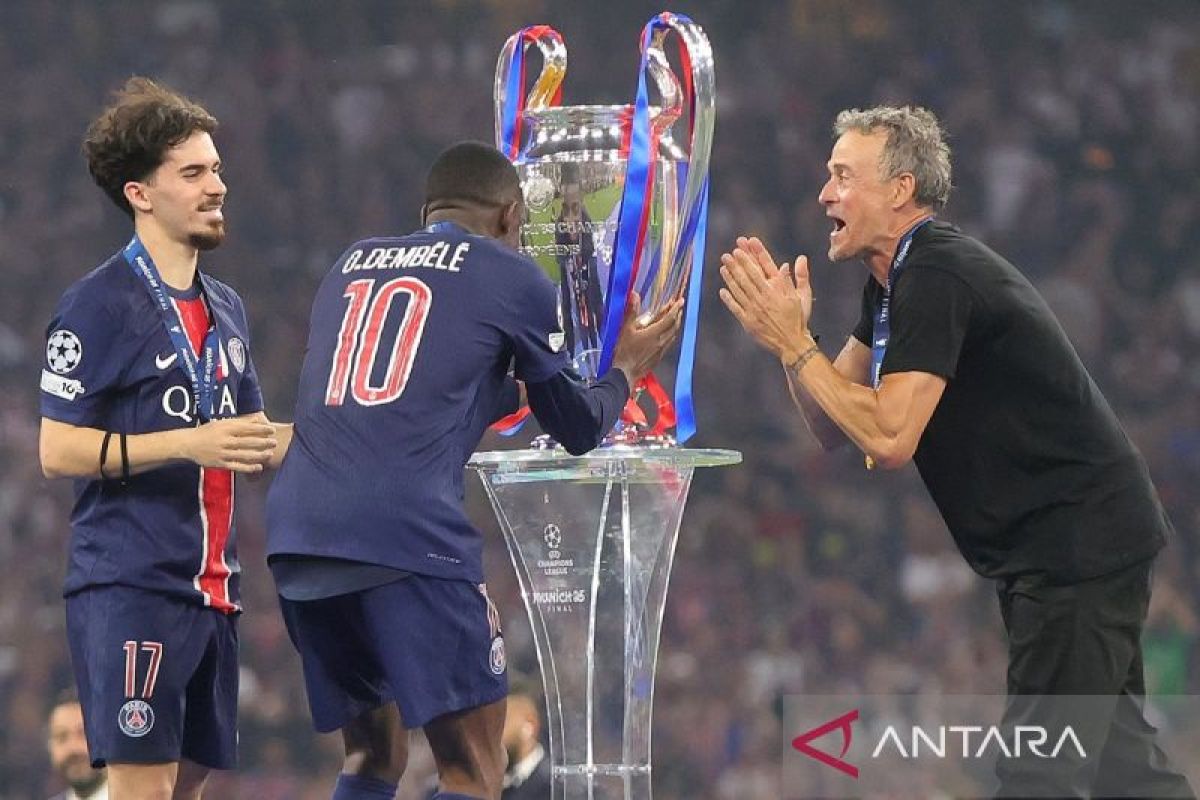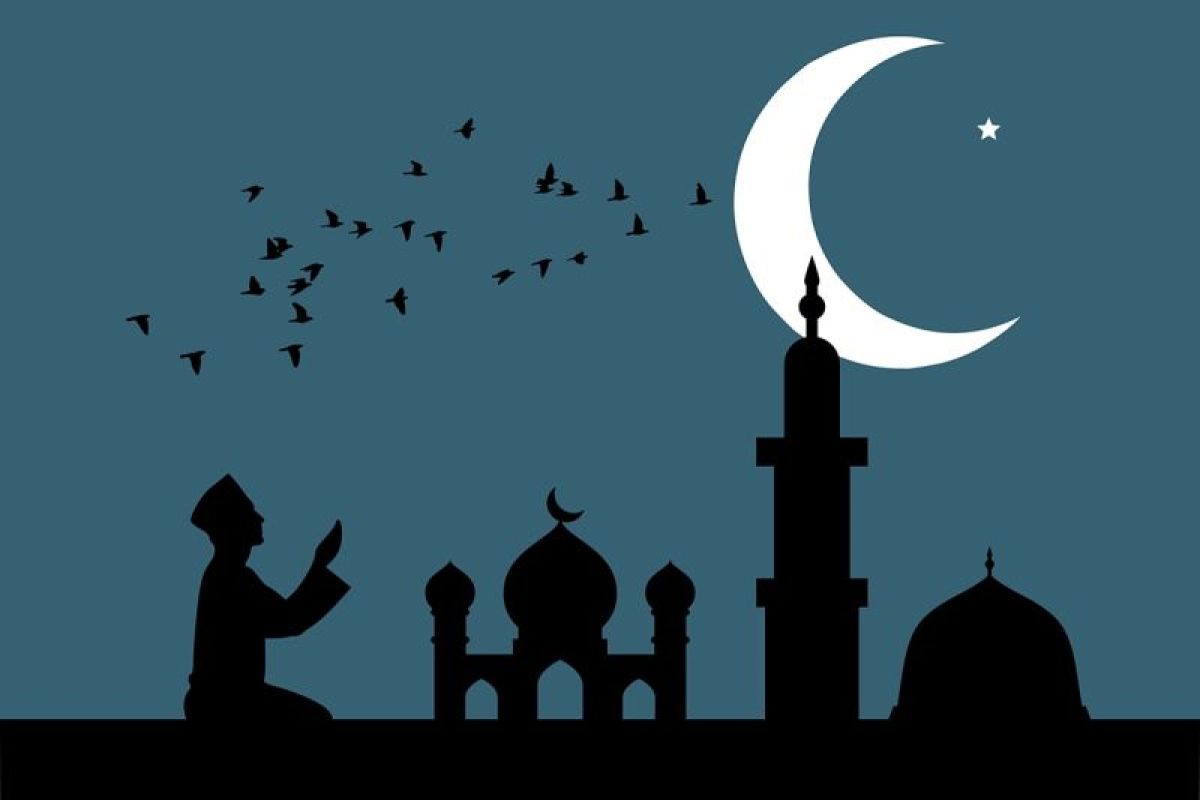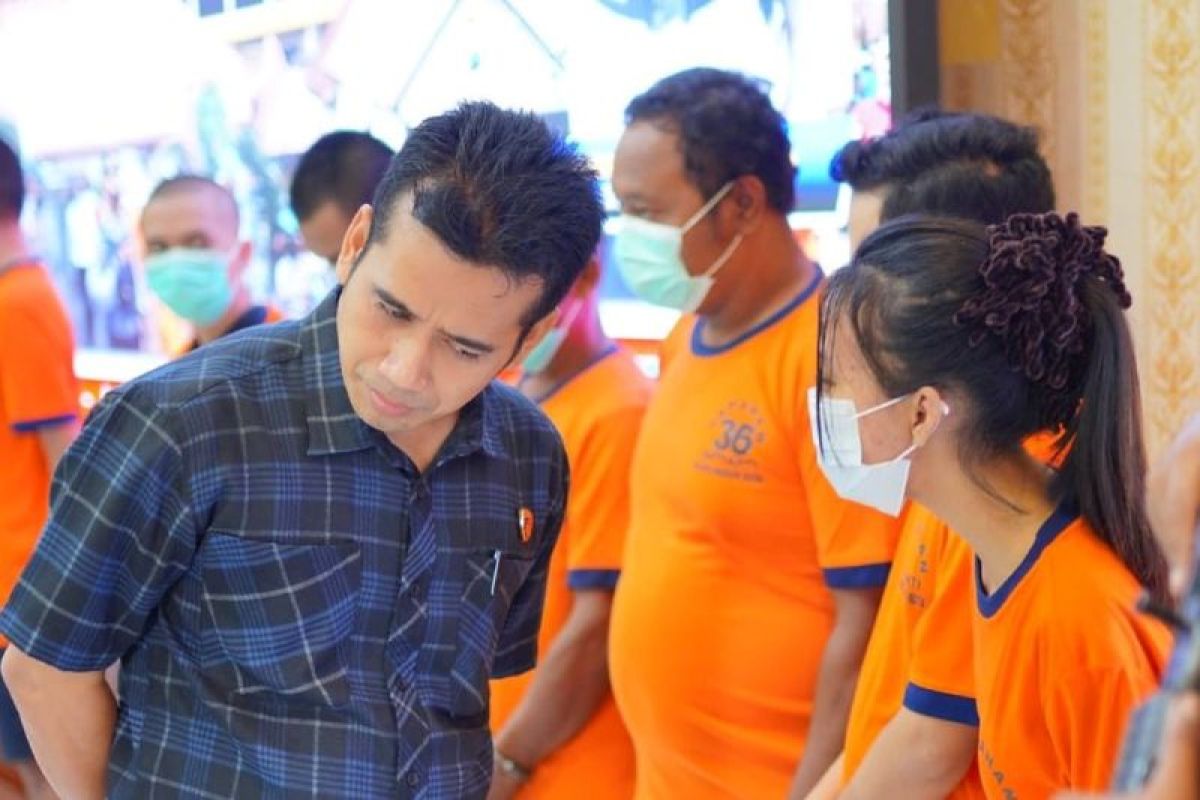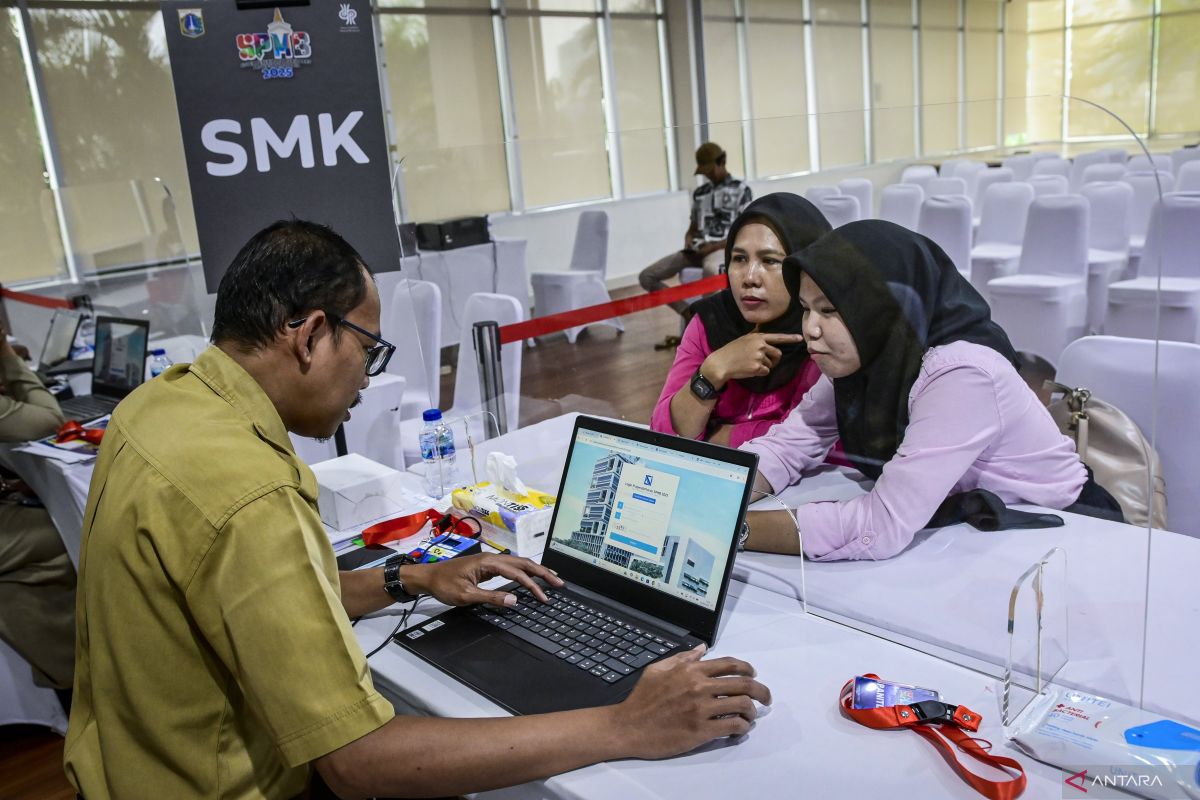Chelsea played their first match in the Club World Cup on Monday night, against LAFC, in the beauty of the magnificent Mercedes-Benz Stadium in Atlanta.
On Wednesday night, Manchester City play Morocco’s Wydad AC at Lincoln Financial Field in Philadelphia, where even the stadium metro station has been renamed in fealty to sponsors.
The last time I was there, to watch the Eagles play, I alighted at AT&T. Since then, station naming rights have been usurped by NRG.
I digress. The point is, get used to it. Get used to Chelsea and City playing competitive games in the States because it’s coming and it’s coming soon and this time, there may be nothing you or I will be able to do about it.
Think what you want about the Club World Cup, a tournament with a cynical cradling in an already overcrowded calendar that may yet establish itself as one of the landmarks of the sport. But if it is still uncertain quite how the tournament will play out, what is not uncertain is that it is just another staging post in America’s colonisation of football, a sport it once turned away from.
American ownership of Premier League clubs is fast closing in on the magic number of 14 that would give US proprietors like the Glazers, the Kroenkes and FSG the voting power it needs to approve rule changes and take the game even further away from ‘legacy’ supporters.
Chelsea have kicked off their Club World Cup campaign against Los Angeles FC in Atlanta
Played in front of a scant crowd in Atlanta, their match could act as an ominous precursor for future Premier League clashes in the US
American ownership groups like Liverpool's (left) and Chelsea's are fast making up a majority among the top-flight cohort
Last season, 10 Premier League clubs were controlled by American investment. This season, Ipswich have gone down but Leeds United and Burnley, both American-owned, have come up. So the number is 11.
Next season, it is entirely possible that the three promoted teams from the Championship will come from Ipswich, Norwich City, West Bromwich Albion, Wrexham and Birmingham City, which are all American-owned.
Once that majority is achieved, things could change fast. American owners are becoming more and more bold about their ambitions to play Premier League matches in the States. The momentum for that is building and building.
‘I’m determined one day to have a Premier League game be played in New York City,’ Tom Werner, the chairman of Liverpool owners Fenway Sports Group, told the Financial Times recently. ‘I even have the sort of crazy idea that there would be a day where we play one game in Tokyo, one game a few hours later in Los Angeles, one game a few hours later in Rio, one game a few hours later in Riyadh and make it sort of a day where football, where the Premier League, is celebrated.’
It is not a crazy idea at all, unfortunately. It was suggested 17 years ago by Richard Scudamore as part of his hare-brained ‘39th Game’ plan that was shot down by supporters. The greed that was the seed of that plan, though, has not gone away. Once they get to 14, it is also possible that US owners will try to force through changes that turn the Premier League into a closed league, without relegation or promotion from the Championship. That is another long-held desire that conforms more closely to the American sporting model and safeguards investment.
The Premier League has practically become a closed league already with promoted clubs usually heading straight back down after a season. But making it permanent would deal a devastating blow to the football pyramid in this country.
There was a time when it was hoped that the advent of an Independent Regulator for football would protect supporters from having games stolen away from them and moved to cities across the world.
But the longer it has taken for the bill to travel through parliament, the more it is feared that it is being watered down. Prime Minister Sir Keir Starmer, an Arsenal fan who has been vigorously lobbied by the Premier League, is very much a child of the football establishment and the will for a regulator to curb American revolution in the sport appears to have dissipated.
Future football regulator David Kogan has work to do to curb the American revolution in sport
Gary Neville is one of a number of voices in the game who believe Premier League games abroad are likely only a matter of time
It seems more and more likely the regulator will be a Premier League poodle.
The last time the American owners of Manchester United, Arsenal and Liverpool tried something like this, backed by Chelsea, Manchester City and Tottenham, English supporters, to their everlasting credit, forced them to abandon their betrayal of the English game.
I had a conversation with Gary Neville soon after the so-called Big Six had been forced into a humiliating climbdown. He was adamant that it was only a matter of time until they tried again.
And now, as two English clubs go through their dry-run for playing league matches abroad, it is easy to see Neville was right about the American owners and their bad intentions. They are back and this time the fans may not be able to stop them.
McIlroy is missing his pre-Masters hunger
Winning the Masters in April and securing his place in the pantheon of golf’s greats appears to have affected Rory McIlroy in ways that many did not expect. Hurling his club down the fairway and smashing a tee box with a wood on the Friday of the US Open was one thing. Telling the media the next day, ‘I feel like I’ve earned the right to do whatever I want to do’, was another.
McIlroy remains one of the most dynamic, captivating and articulate figures in sport and he will be the headline act when the Open is staged at Portrush next month. Maybe, by then, he will have rediscovered some of his joie de vivre. Until then, we are left with the impression of a man who is weeping because there are no more lands left to conquer.
Rory McIlroy cut an increasingly desperate figure at the US Open in his post-Masters era
Fiendish US Open makes compelling viewing
Oakmont may represent the devil for many of the world’s best golfers but a combination of the course set-up and the Pennsylvania weather did contribute to one of the most compelling final rounds of a major I have ever watched on Sunday.
Bob MacIntyre’s last 18 holes and the way he dealt with defeat on the final hole marked him out as a man ready to take his place on the biggest stage and it seemed fitting that a crazy final day of the US Open should be crowned by an astonishing winning putt from JJ Spaun.
The joys of life in the slow lane
I was laid low with shingles last week, which was something I always associated with older people. It was another reminder that, actually, I am older people.
So I didn’t venture too far from the house but I did venture far enough to observe the festivities at the lovely street party our neighbours had organised underneath the august lime trees that line our road. The best part for me, obviously, was the sport.
The slow bike race, where the winner is the person who takes the longest to cycle from start to finish without their feet touching the ground, was a stunning exhibition of balance and control. The egg toss, where young and old compete in pairs to throw an egg to each other, retreating further and further apart with each successful throw until the egg breaks in their hands or smashes on the tarmac, was a festival of hilarity and joy and a gallery of facial expressions that explored the full range from horror to unbridled exultation.
That’s the beauty of sport. It can grip you in a suburban street just as surely as it can in a grand arena of 100,000 people.

 2 months ago
21
2 months ago
21






























